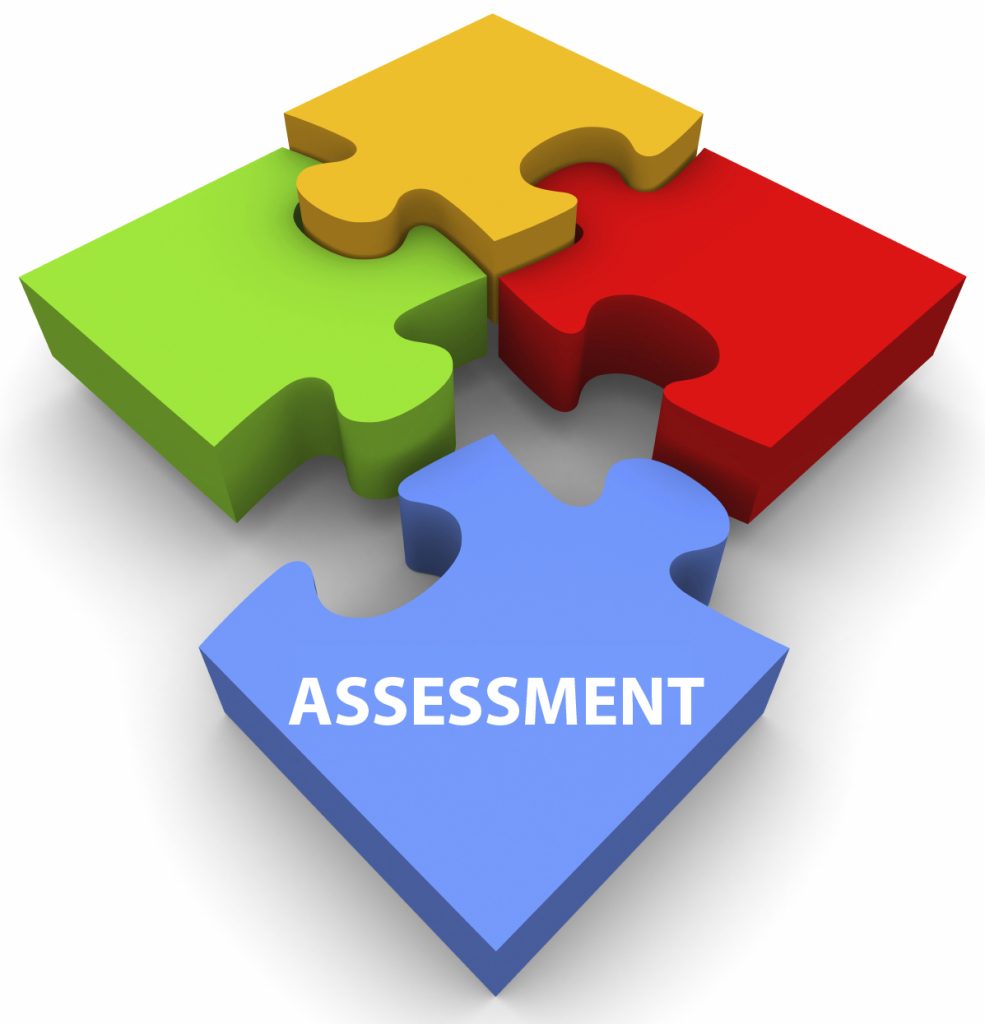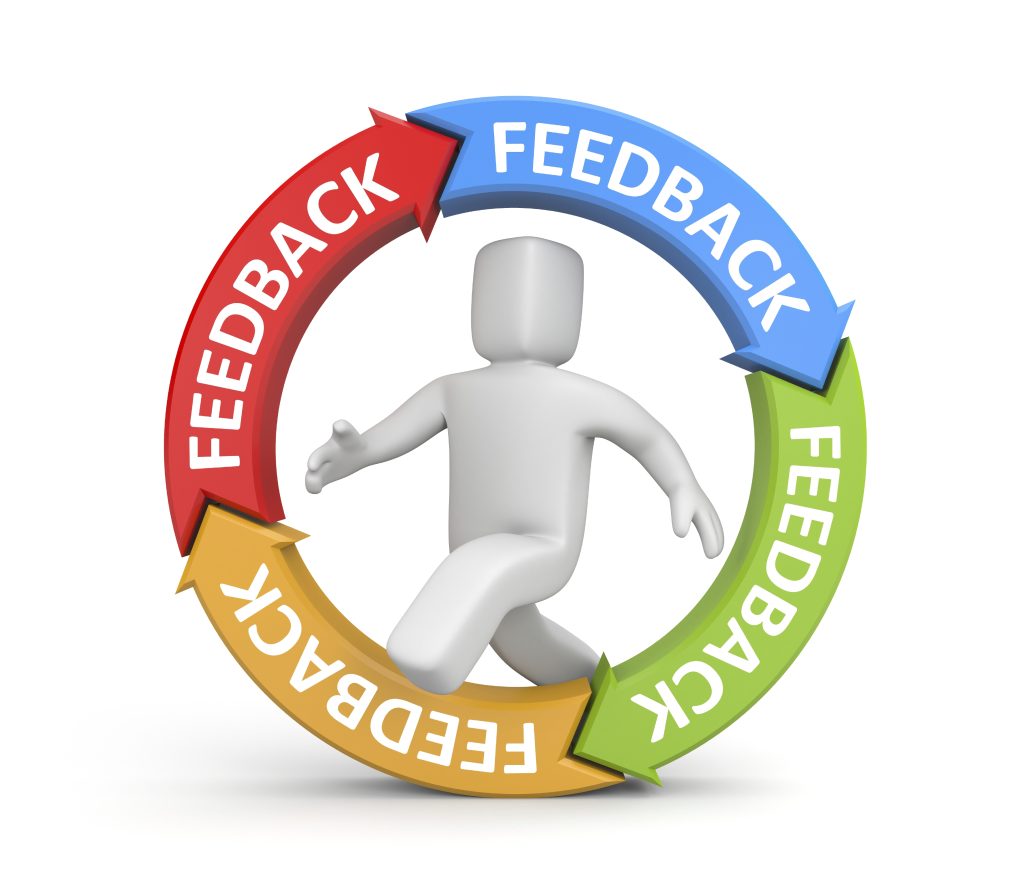Assessment: What are your Assumptions?

Over the next few weeks, I am planning to create a series of posts on the topic of assessment. Assessment is a complex and controversial topic, so I thought it would be most helpful to begin by addressing our assumptions about it. We all hold assumptions about assessment even if we are not aware of them. Here are mine…
Assessment is a critical part of the learning process.
Assessment impacts the whole of the learning experience. It is not a one-time event at the end of a unit or course. If a student knows (or at least expects) that they are going to be assessed by an exam at the end of the unit, this will shape their motivation for learning, and significantly influence what and how they learn. A student who is going to be assessed on the same learning goals by the presentation of a project will experience a very different motivation with very different outcomes in terms of what they learn and how.
Assessment should provide students and teachers accurate and useful feedback regarding progress towards established standards or learning goals.

The point of assessing is not primarily to give a grade that can go on a report card. Students should be able to use assessment as feedback that helps them make further progress towards learning goals. This, of course, implies that such standards or goals need to exist, and that the teacher and students need to be aware of what they are! Teachers should be able to use assessment as feedback that helps them to adjust and improve their teaching.
A variety of assessment tasks need to be used so that students with diverse learning styles/backgrounds/preferences can demonstrate their progress towards established standards or learning goals.
Since assessment is not a one-time event and is designed to provide useful feedback, it can be most effective when students accumulate a “scrap book” of various completed tasks as evidence of their progress towards the learning goals. A degree of student choice can be incorporated into what they will produce for assessment and how they will produce it.
Assessment is related to, but is not the same thing as, grading.
Since grading is not the primary reason for assessing, not all assessment needs to be recorded in the grade book. Assessments that are recorded in the grade book need to be weighted according to their importance, with those that occur later in the process after opportunity for feedback being given a higher weight than more formative tasks.
You may not completely agree with all of these assumptions, but please stay with me! Let’s have a discussion so that we can all learn.
- What are your assumptions about assessment?
- What questions do you have about assessment?
Post your ideas and questions in the comments below.
Comments
 Dagim
Dagim
AuthorMy question from the start is what this ‘assumption’ mean, how can we understand it? What makes it different from belief, conception or orientation? I need to understand the concept in terms of classroom assessment.
 Roslyn Barnes
Roslyn Barnes
AuthorThank you for your question. An assumption is an underlying belief about a topic. Often, these beliefs are not held consciously but just accepted as true by the person holding them without question. In regards to assessment, we all have ideas about what assessment should be and how it should be carried out, even if we have never intentionally thought them through and identified why we believe these things. I began this series of blog posts with this topic in order to make clear my underlying beliefs about assessment and encourage other teachers to analyze their own.